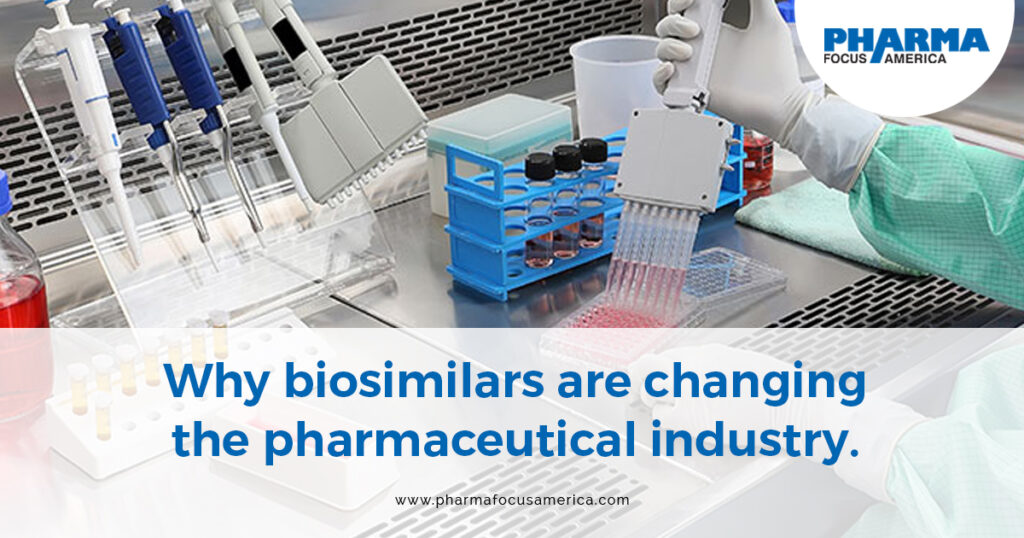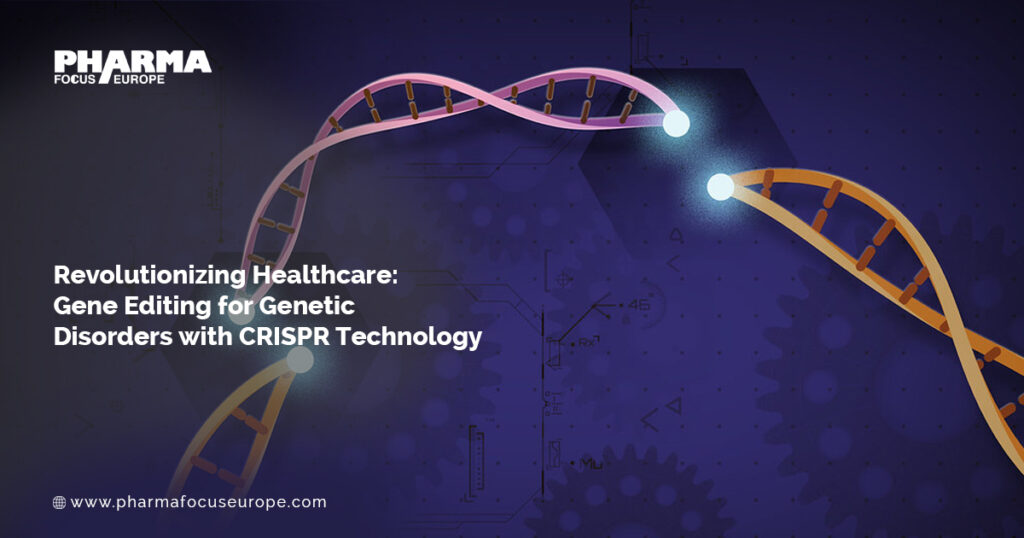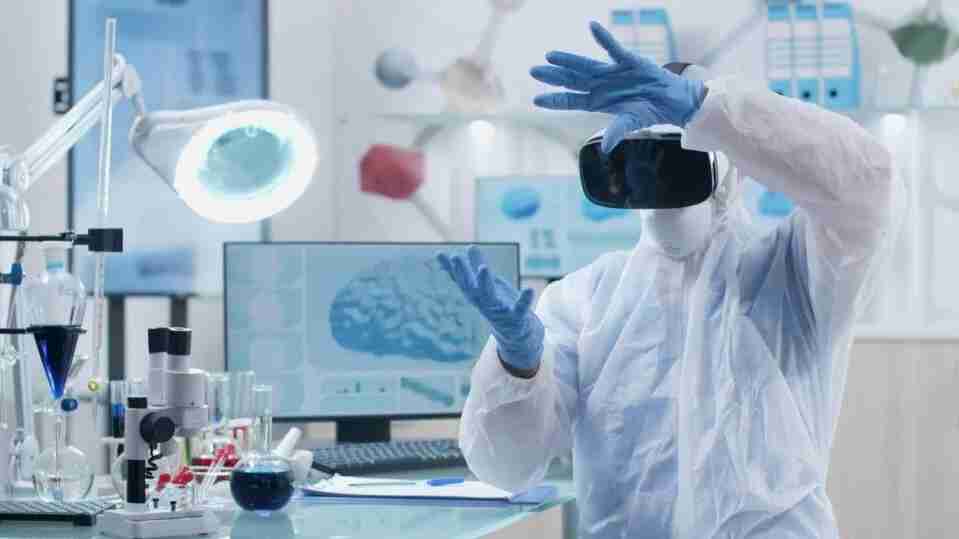
Why Biosimilars are changing the Pharmaceutical Industry
The pharmaceutical industry shifts due to biosimilars because these products extend medical treatment access to crucial therapeutics and minimize healthcare expenses through affordable versions of high-cost biologics. The pharmaceutical industry experiences fundamental changes because U.S. Biosimilars secure multiple regulatory approvals for exact versions of approved biologic drugs which lowers healthcare expenditures globally through their inexpensive…

Contract Manufacturing in Biopharma Evolving Beyond COVID-19
The COVID-19 pandemic catalyzed changes to the biopharma manufacturing landscape, with agility, innovation, and resilience becoming necessary prerequisites. And digital transformation, single-use technologies, and strategic partnerships were driving contract manufacturing that soared. Demand is rebounding, but regulatory changes and automation are reshaping the industry. Welcome to the future, where the nature of demand is shifting,…

Revolutionizing Healthcare: Gene Editing for Genetic Disorde
CRISPR technology, with its precision in gene editing, revolutionizes healthcare by enabling personalized treatments for genetic disorders. It’s potential for correcting mutations, therapeutic applications, in vivo gene editing, and early intervention holds promise for transformative solutions. However, ethical considerations and ongoing research are crucial for responsible implementation and unlocking the full potential of CRISPR in…

How Enzymes Are Redefining the Future of Pharmaceutical Medicine
In recent years, the role of enzymes in pharmaceutical medicine has become increasingly pivotal, reshaping the way we approach drug development, disease treatment, and personalized medicine. Enzymes, which are biological catalysts that accelerate chemical reactions in the body, have long been central to maintaining normal bodily functions. However, their potential in medicine has expanded far…

Unlocking potential: How AI is transforming drug development and material science
In recent years, artificial intelligence (AI) in the pharmaceutical industry has gained significant traction, especially in the drug discovery field, as this technology can identify and develop new medications, helping AI researchers and pharmaceutical scientists eliminate the traditional and labor-intensive techniques of trial-and-error experimentation and high-throughput screening. The successful application of AI techniques and their…